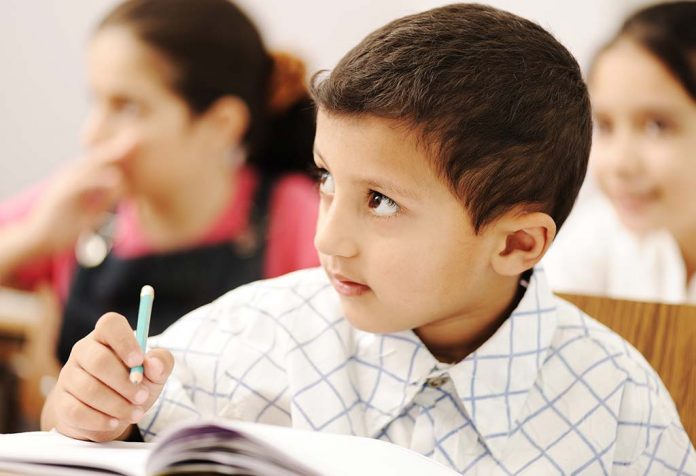
Education is one of the most powerful tools for personal and societal development. It serves as a foundation for acquiring knowledge, building character, and developing skills necessary for contributing to society. But what exactly is education, and why is it so crucial in our lives?
What is Education?
At its core, education is the process of facilitating learning, acquiring knowledge, skills, values, morals, beliefs, and habits. It can take place in formal or informal settings and may involve various methods, such as teaching, training, discussion, and research.
Key Components of Education:
- Knowledge Acquisition: The process of gaining information about the world, whether through books, experience, or instruction.
- Skill Development: Learning how to apply knowledge practically in problem-solving or creating new opportunities.
- Value Formation: Instilling ethics, morals, and social responsibility in individuals.
Types of Education
1. Formal Education
This is structured and occurs in educational institutions like schools, colleges, and universities. It follows a set curriculum and includes:
- Primary Education: Basic foundational learning.
- Secondary Education: More specialized and preparatory education.
- Tertiary Education: Advanced studies, including undergraduate and postgraduate programs.
2. Informal Education
Learning that happens outside a formal institutional framework. Examples include:
- Learning from life experiences.
- Reading books or watching documentaries at home.
- Gaining skills through apprenticeships.
3. Non-Formal Education
This includes organized learning outside traditional institutions, such as:
- Community education programs.
- Online courses or vocational training.
The Purpose of Education
1. Personal Development
Education fosters critical thinking, creativity, and self-discipline. It helps individuals discover their interests and talents, contributing to personal growth.
2. Social Development
Through education, individuals learn societal norms, ethics, and values, creating informed and responsible citizens.
3. Economic Progress
Education is a key driver of economic development, as it prepares individuals for employment and entrepreneurship, leading to better income and social mobility.
4. Cultural Preservation
Education helps transmit cultural heritage and promotes understanding and appreciation of diverse traditions and histories.
The Role of Education in Society
1. Reducing Inequality
Education empowers marginalized groups, providing them with opportunities to break out of poverty and discrimination.
2. Fostering Innovation
Educated individuals contribute to advancements in technology, medicine, and science, driving societal progress.
3. Promoting Global Citizenship
Education broadens perspectives, encouraging understanding and cooperation across cultures.
Challenges in Education
1. Accessibility
Millions of children worldwide lack access to basic education due to poverty, political instability, or lack of infrastructure.
2. Quality
Not all education systems are created equal. Poorly trained teachers, outdated curricula, and lack of resources can hinder effective learning.
3. Equity
Gender disparities, disabilities, and socioeconomic inequalities often limit access to education for many groups.
The Future of Education
1. Technology Integration
Digital learning tools and online platforms are revolutionizing how education is delivered, making it more accessible and personalized.
2. Lifelong Learning
In a rapidly changing world, the concept of education is shifting toward continuous learning throughout life.
3. Focus on Skills
Modern education emphasizes critical thinking, problem-solving, and adaptability, preparing students for dynamic careers.
Conclusion
Education is far more than just acquiring knowledge—it’s about shaping individuals to lead meaningful lives and contribute positively to society. Whether formal, informal, or non-formal, education remains a cornerstone of human progress, enabling us to build a better, more equitable world.



